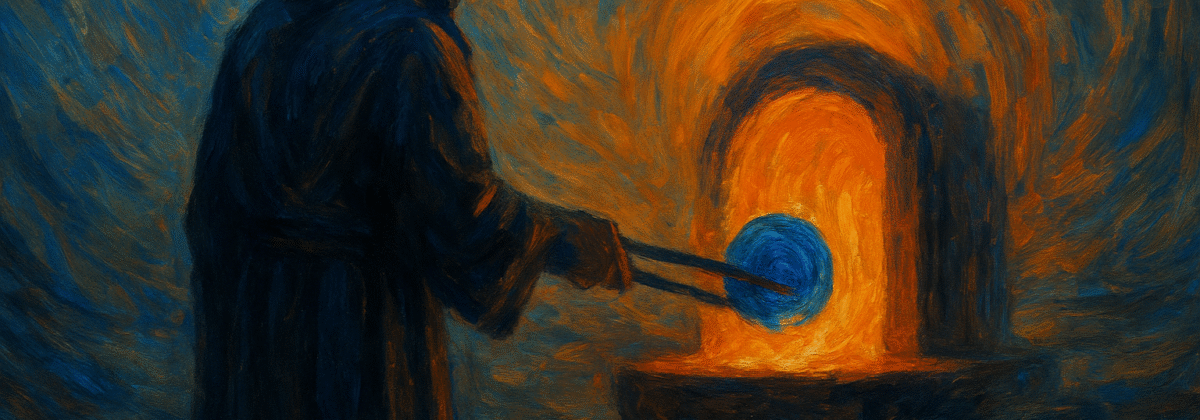“This signature on each soul,” writes C. S. Lewis, “may be a product of heredity and environment, but that only means that heredity and environment are among the instruments whereby God creates a soul.”
I’ve been thinking about that quote a lot lately – especially in the age of AI. Odd as it sounds, it’s made me notice how little control I’ve actually had over becoming who I am. I like to imagine I’ve been discerning – that my choices have shaped me. But in truth, I didn’t build myself from scratch. Perhaps, like an AI model in training, I’ve just been formed by countless inputs: my upbringing, the examples I absorbed from culture, media, and literature, and the assumptions I inherited before I was even old enough to question them.
I didn’t pick my parents. Or the town I grew up in. I didn’t choose the way my brain is wired to handle stress, or the way my body responds when I’m short on sleep. Even the things I love – music, books, technology – most of those didn’t come from a carefully reasoned choice. They just were interesting to me, in a way I didn’t fully understand. They felt like discoveries more than decisions.

I don’t mean to say I’ve had no role in shaping who I’ve become. When I was younger, I didn’t like guacamole – but I wanted to be someone who did (why I wanted that is another layer of mystery, however). So I kept trying it, bit by bit, until eventually it clicked. Now I love it; it’s one of my favorite foods. That was one of those somewhat rare times when I felt like I rewired something on purpose. But even with moments like that, when I step back and look at the shape of my life, most of it feels more like an unfolding than a construction project. Like I’ve been gradually getting to know someone – me – who was already partly shaped by forces I never got to vote on. Maybe that’s determinism. Maybe it’s divine guidance. Maybe it’s some strange mix of both.
Continue reading “Individuation: Life as the Forge of Selfhood”








